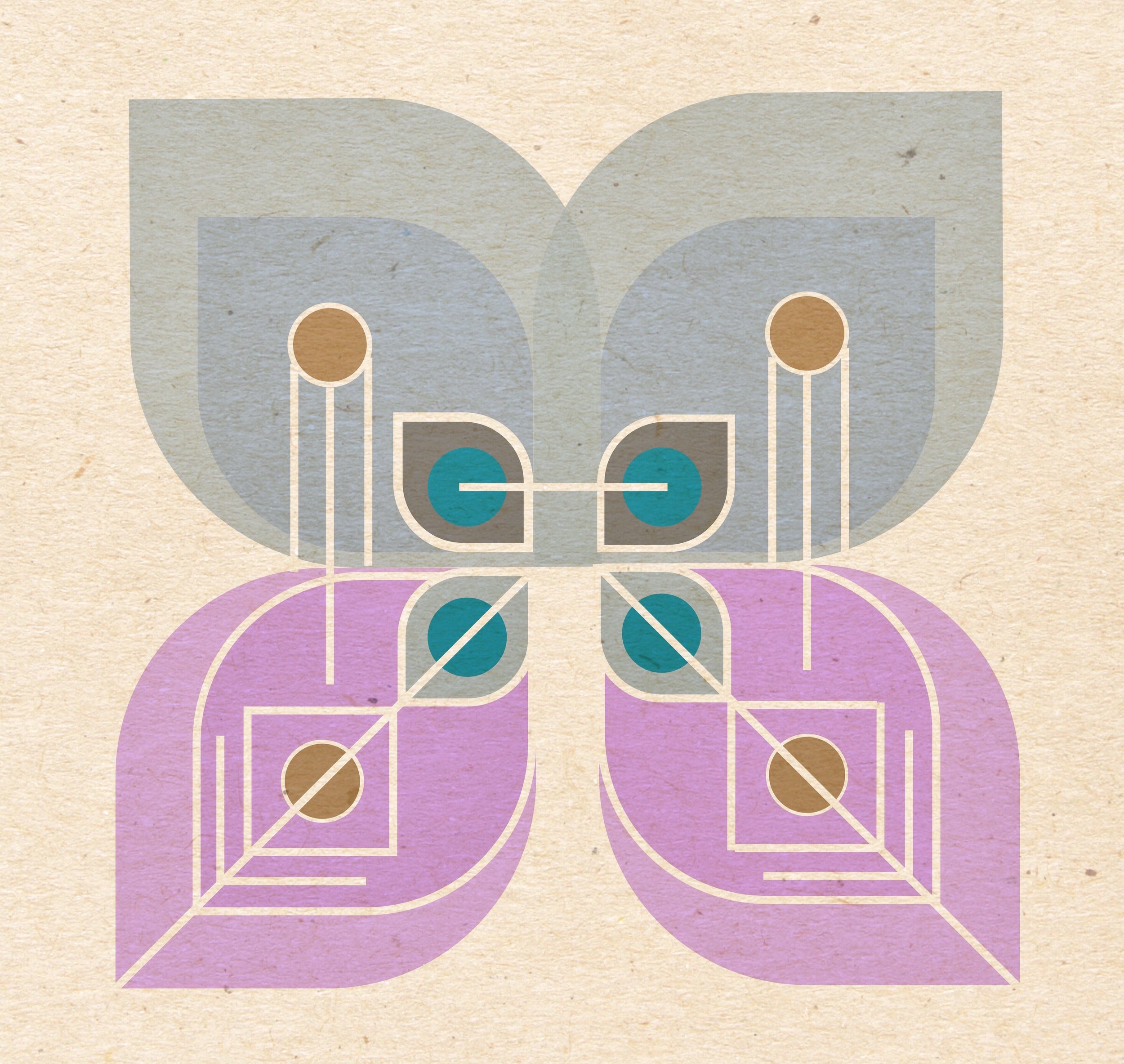This is the 100th episode! Thank you for listening!
You can support this work at https://patreon.com/kindmind and access bonus content.
This episode delves into the underground world of seeds and the unexpected life lessons they can teach us. From the sacred lotus seed which can remain viable for over 1,000 years to the dust-like orchid seeds that rely on fungus to germinate to the lodgepole pine which requires fire to release its seeds from the resin in cones - there is much to glean about resilience, potential, and interconnectedness.
These odd timelines and strange conditions can remind us that human progress is also not always straightforward. It can also inspire us to remain engaged in sowing the seeds of kindness and transformation in the face of adversity, trusting the latent magic will unfold.
In Hinduism and Buddhism, "bija" is often used to describe the seed or essence of something, which can represent the beginning or source of a concept, idea, or practice. For example, in yoga, bija mantras are seed syllables that are considered to hold the essence of a specific energy or deity. When chanted or meditated upon, these bija mantras are believed to help activate and harmonize the associated energy or invoke the deity's presence.
We will reflect on the wisdom of seeds in nature and culture and explore ways to apply the insights to daily life for nuturing a destiny of peace and happiness.
(Music “Sunset Serenade” by Ethereal Ephemera and original artwork for this episode can be found on the podcast website)
In 1976, German social psychologist Erich Fromm published a book which presented the titular question, "To Have or To Be?"
This philosophical inquiry would resurface throughout his work as two distinct modes of existence. He further claimed that modern society in its materialism prefers having.
On this podcast, we often consider the dialectic of being vs doing. Well, Portuguese poet Fernando Pessoa wrote, "to have is to tarry." In a sense, the more you have, the more you have to do - which can weigh you down in terms of freeing your mind.
But does that mean that the goal of spiritual growth would be to eliminate possessions? I don't think it's that simple. It is more about transcending possessiveness.
There is a clear cultural example of this difference when comparing the legacies of human relations with the land or ecology. If you look at a map of Native Land that shows historically Indigenous territories, you will not find the straight lines and rigid markers as is the case with modern states and countries. It's much more fluid like the area of defense on a baseball field, with any location more or less covered by a player. This ties into the notion of stewardship as opposed to ownership of the land, as well as the experience of land as a community rather than a commodity.
Today, what could change with our life, work, responsibilities and relationships if we brought this awareness into our consciousness and mode of existence?
What changes and what matters more in the moment between:
having something and being present?
having friends and being friendly?
having success and being sincere?
having love and being loving?
(intro song “New Apartment” by Coldbrew and “To New Beginnings” and “Clouds in Dark Skies” by Bing Satellites)
You can support this podcast and connect with me online and in-person for as little $5 via Patreon: https://patreon.com/kindmind
There are many famous failures that led to unexpected opportunities and wild success. In our own lives, how can we failure forward or understand the implications of defeat?
This episode was a special collaboration with many reflections from the Kind Mind community during the live gathering recorded in May of 2022.
Music intro “New Apartment” by Coldbrew and “The Ellipse” by Bing Satellites. Podcast logo design is by Jon Marro, and episode artwork on the website is by Emily Dawn Duforest.
You can support this podcast on Patreon and access bonus content: https://patreon.com/kindmind
There is a baseline of magic in life.
But it can get covered up by routines and the illusion of control.
Moments of uncertainty open up the space for it to manifest and new ways of being are possible.
If we rush to resolve ourselves too soon, we may miss the opportunity for genuine psychological growth.
Unfamiliar circumstances prompt the brain to dedicate more resources to the hippocampus for learning and memory.
I have started trying to tolerate cold water. It is pretty uncomfortable at first, then a mental equilibrium dawns and finally the body emerges with more vitality.
There is a similar tripartite when we wade into our feelings and wait for clarity...for the right idea to arise by itself.
Music “New Apartment” by Coldbrew (intro) and “Dark Sky Explorations” by Ethereal Ephemera. Kind Mind logo design by Jon Marro and episode artwork on website by Emily Dawn Duforest.
https://www.patreon.com/kindmind - please consider becoming a patron of the Kind Mind podcast and access bonus content.
The etymology of the word 'frustration' traces back to 1500's Latin 'frustratio' which meant a deception.
It's Medieval origin is also relevant in these troubling times as the road ahead is not only fraught with uncertainty due to the novel pathogen but also some groups' novel sense of deception... whether from authority or society or history or even themselves.
However, inside the soil of hardship lies the seeds of clarity. With proper attention and understanding, a real breakthrough is possible with the potential for a blossoming of transformation on the other side - personally and collectively.
If life were really but a dream, then what would be the goal?
If the point is to "wake up," then sailing merrily, merrily down life's stream might delay things. That pleasantness is likely to uphold the reverie and bind you to the dreamboat.
Hence, the wisdom of frustration...
(music "Drifting Light" by Bing Satellites and episode artwork on podcast website by Emily Dawn)





